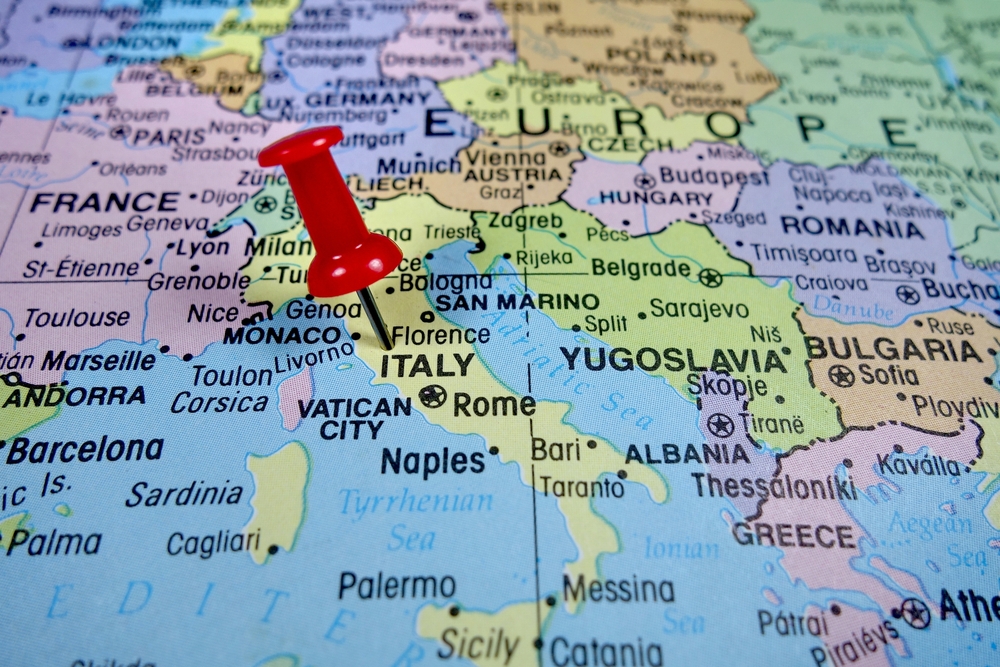The Italian Agency of Custom and Monopolies (ADM) has shut down three ‘digital entertainment venues’ used for esports in Northern Italy.
Responsible for overseeing gambling policies across the 20 provinces of Italy, the ADM stated that the three gaming halls ‘lacked any form of authorisation, licence and concession’.
Responding to the ADM’s actions, the three venues stated that they were part of a ‘local area network’ in which their halls offered ‘gaming with home entertainment devices without any cash prizes’.
The regulator informed local media that the gaming halls had been compliant with relevant taxes and had applied premises rules for checking underage customers.
It would be revealed that the ADM’s enforcement was a result of a complaint issued by Sergio Milesi, Chief Executive of Italian amusement arcade operator LED SRL.
LED SRL warned ADM that esports venues such as Bergamo’s Esports Palace, one of the e-halls shut down, had violated Italian retail laws related to operating adult entertainment venues.
Notably, Milesi and LED SRL highlighted that the e-halls operated a ‘fixed subscription entry’ for esports patrons to play at venues – deemed an unfair competitive advantage over traditional establishments.
Milesi, owner of several Italian amusement arcades, considers eSports halls as a form of ‘unregulated and untaxed competition’ in direct contrast to his venues are forced to adhere to ‘numerous regulatory controls’.
The complaint outlined that esports venues should not be allowed to operate until the ADM defines a clear legislative framework as to how esports retail properties should be operated in line with existing highstreet laws.
The closed venues responded that Milesi’s complaint was purely self-serving in the interest of LED SRL to stifle competition, in which the company is biding its time to launch its own esports entertainment properties.
Italian esports stakeholders will now wait for the ADM to deliver its decision on how it interprets highstreet laws applicable for esports venues.
Giulio Coraggio, Head of Intellectual Property & Technology practices at law firm Dla Piper, commented: “The hope, however, is that both Parliament and the regulator can understand the interpretative error and promptly take a position on the rules applicable to esports, clearly excluding the ones that regulate amusement machines without a cash prize.
“Any different decision would risk damaging a market that is quickly growing, generating new jobs, new businesses, and consequently contributing to the growth of our country’s economy.”























